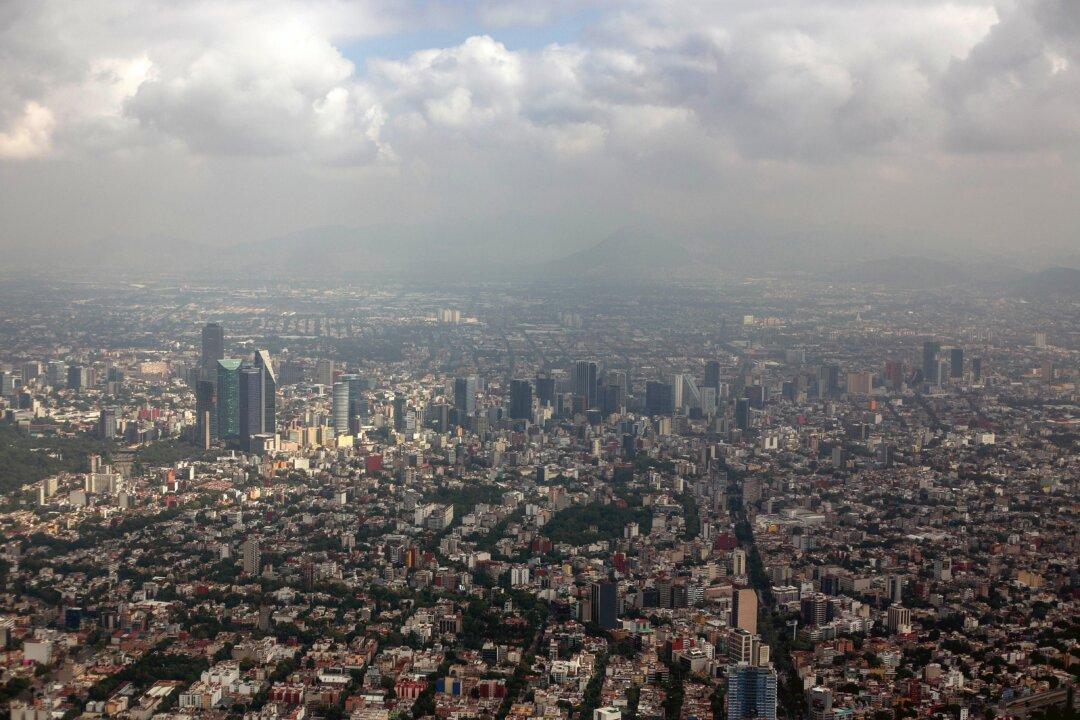Commentary
In passing, still deliriously happy for having left the U.S. scene for a brief period, I posted on Twitter some good impressions from my week in Mexico City, which I enjoyed enormously. And of course, my outlook suffered from the usual tourist bias in which we see only the good, the beautiful, the fun, and the delights, and can easily neglect all the downsides that natives experience by the day.





